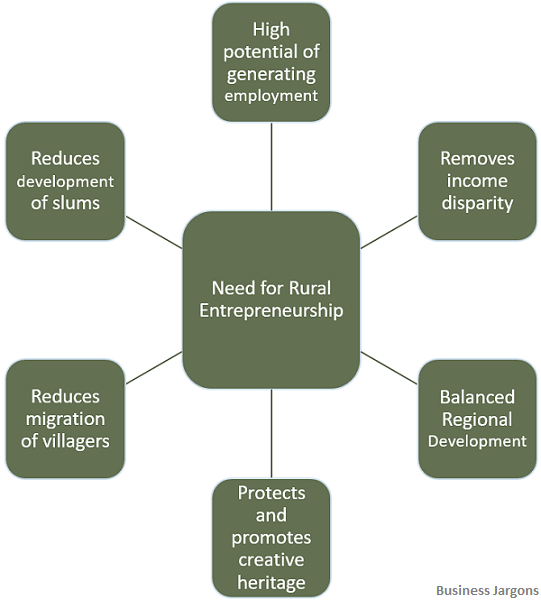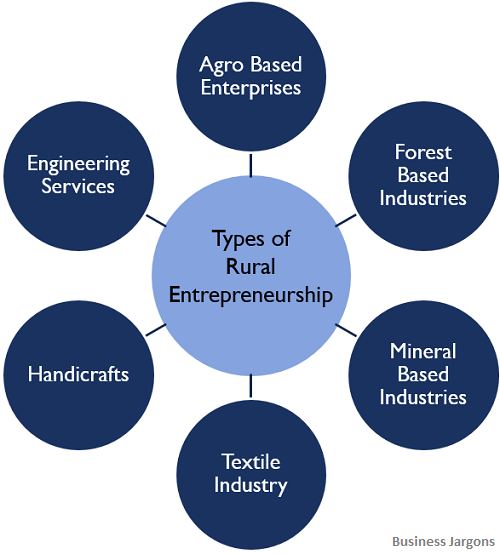900 319 0030
enquiry@shankarias.in
Despite the growing numbers of rural entrepreneurs, the productivity of such entrepreneurs is concerning.
Rural entrepreneurship harnesses innovation, invention, production and manufacturing of goods, promoting exports, and providing rural employment.

